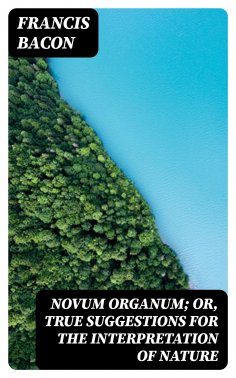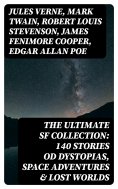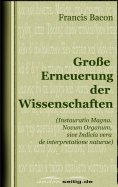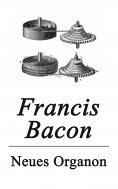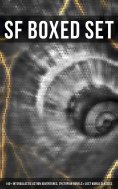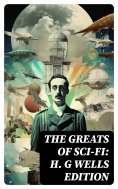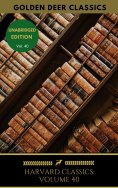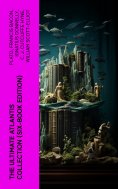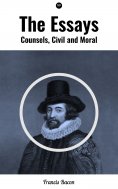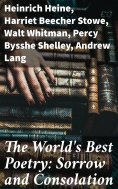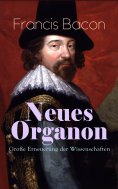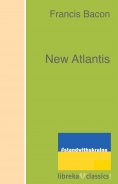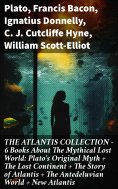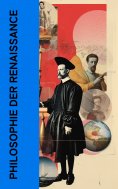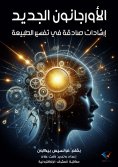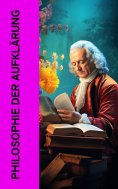Novum Organum; Or, True Suggestions for the Interpretation of Nature
About the eBook
Francis Bacon's 'Novum Organum; Or, True Suggestions for the Interpretation of Nature' is a groundbreaking work in the field of scientific methodology and philosophy. Published in 1620, the book challenges the traditional Aristotelian approach to science and advocates for the use of inductive reasoning and empirical observation to uncover the secrets of nature. Bacon's writing is characterized by its clear and concise style, making complex ideas accessible to a wider audience. 'Novum Organum' is a pivotal text in the history of science, laying the foundation for the development of the scientific method. Bacon's emphasis on experimentation and systematic observation revolutionized the way science was conducted in the centuries to come. Francis Bacon, a renowned philosopher, statesman, and scientist, wrote 'Novum Organum' with the aim of reforming the way knowledge was pursued and acquired. His belief in the importance of empirical evidence and the rejection of preconceived notions influenced generations of thinkers and scientists. This seminal work continues to be studied and revered for its enduring contributions to the field of scientific inquiry. I highly recommend 'Novum Organum' to readers interested in the history of science, philosophy, and the development of the scientific method.
About the Author
Sir Francis Bacon (1561-1626) was an eminent English philosopher, statesman, and essayist who is best known for his contributions to the development of the scientific method. Born on January 22, 1561, Bacon was educated at Trinity College, Cambridge, and later at Gray's Inn. He rose to political prominence, serving as the Lord Chancellor of England under James I. However, his political career was marred by allegations of corruption, and he was eventually impeached by Parliament. Despite his political fall from grace, Bacon's intellectual legacy endured, particularly through his influential works on philosophy and scientific methodology. His seminal work, 'Novum Organum; Or, True Suggestions for the Interpretation of Nature' (1620), represents a pivotal break from Aristotelian thought and laid the groundwork for modern scientific inquiry by advocating for empirical observation and inductive reasoning. In 'Novum Organum', Bacon criticized the syllogistic method of the time and proposed a new methodology for investigating nature, emphasizing the importance of experiments and the systematic collection of data. Bacon's literary style is characterized by its clarity, systematic approach, and didactic purpose. Bacon was also a pioneer of essay writing, with his 'Essays' covering a wide range of topics from politics to philosophy. He is often credited with the aphorism 'knowledge is power,' underscoring his belief in the transformational potential of learned inquiry. Bacon's ideas prefigured the Enlightenment, and his vision of scientific progress has had a lasting impact on the development of Western intellectual thought.
Product Details
Publisher: DigiCat
Genre: Sprache - Englisch
Language: English
Size: 235 Pages
Filesize: 640.4 KB
ISBN: 8596547372950
Published: Sept. 15, 2022
